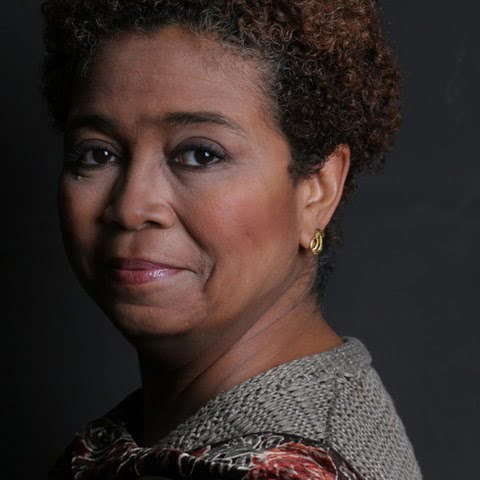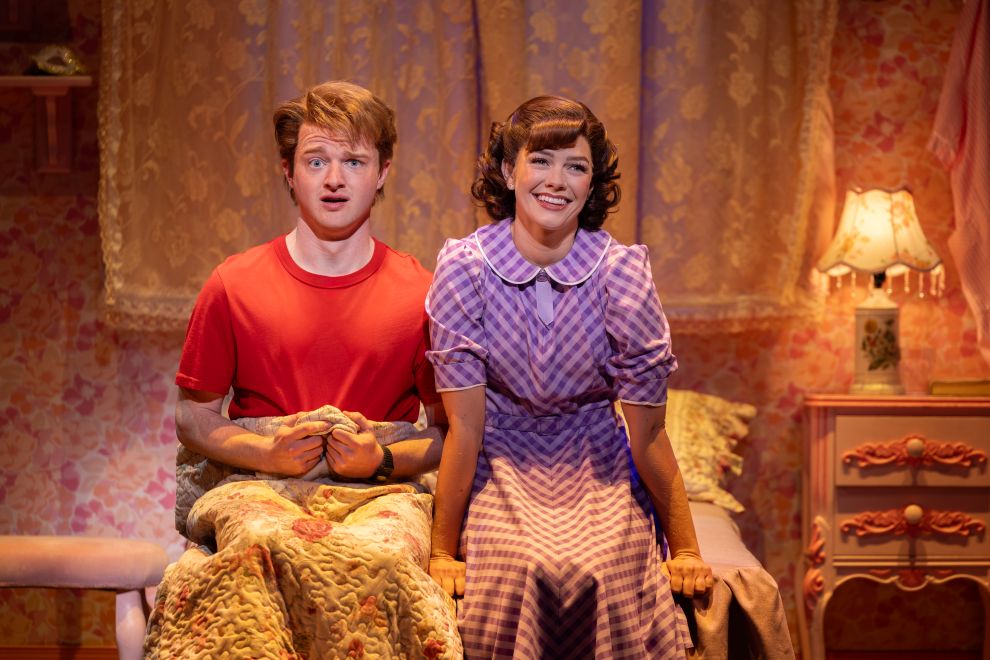Firehouse Theatre’s upcoming production of Detroit ’67 has personal connections for the show’s director, Tawnya Pettiford-Wates.
“This is something I lived through as a young teen,” Pettiford-Wates, Ph.D. says, talking about the emotionally charged atmosphere in Detroit in 1967.
She also has a link to playwright, Dominique Morisseau, who was a student of one of Pettiford-Wates’ cousins. “I love Dominique Morisseau. I am a big fan of hers,” she says, adding that Morisseau’s plays celebrate the Black culture on different levels. “She writes in the vein of August Wilson’s Century Cycle [10 plays about the African American experience]. She is writing a cycle for Detroit.”
Detroit ’67, which previews March 12 and 13 and opens March 14 through March 30, focuses on the legacy of Detroit. “It’s such a cultural, delicious pot of everything,” Pettiford-Wates says. “It’s a drama with the backdrop of Motown music. In the Black aesthetic, everything we do has music.”

She was drawn to the play for several reasons, including the story about the value of family and legacy and the duty “we have to that,” she says.
The play centers around a brother and sister who have inherited the family home and turn their basement into an after-hours joint. Katrinah Carol Lewis, associate artistic director of Firehouse, is playing Chelle, a widow, mother and sister in the ensemble piece.
“Chelle has dealt with a lot of loss in her life. She has a hard exterior but a huge heart,” Carol Lewis says. “She is trying to hold her family together at a time of unrest and family issues.”
The difficult socio-political climate in 1967 was explosive. “In 1967, it comes down to the choices people make on different levels,” says Pettiford-Wates. “It comes down to what you choose to see. Do you see our commonalities or focus on our differences? It’s a choice we are continually faced with. Do you choose to see the humanity in people? That is what interested me in the play.”
The role of Chelle is a perfect role for Carol Lewis, she adds. “Katrinah’s character has fear. She has a brother and son in the socio-political climate. She is afraid of losing either one of them.”

The Motown music woven throughout the play represents change, Carol Lewis goes on to explain. “The play looks at how time is moving forward,” she says. “I think one of the things I love about this play is that it looks at some complex issues around race relations and political unrest. It does it in a way that is rooted in family relationships.”
She hopes people who see the play will take away some new insight around race relations and the way politics affect everyone.
“I think they will leave humming their favorite Motown song and hugging their families closer,” Carol Lewis says.




